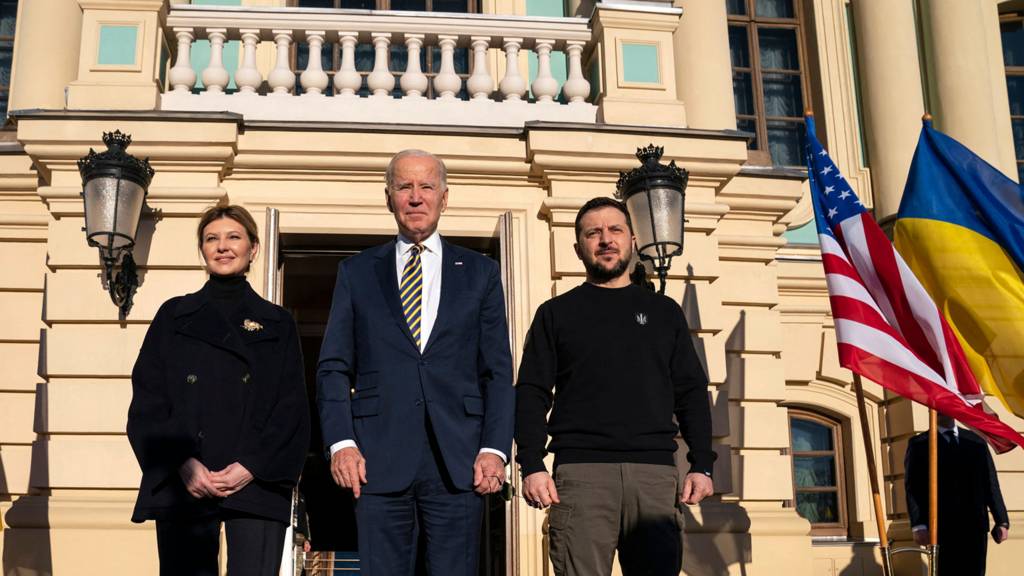‘Siberia will be free’: Russian regions vote in unauthorised independence referendums
And so it begins.‘Moscow takes a lot of resources from Siberia, and spends the money on its own needs and wars of aggression,’ said one secessionist leader
Russians began voting in unauthorised independence referendums in five regions of the country on Thursday, as part of a campaign to promote secession from Moscow’s rule.
The online vote organised by umbrella group the Post-Russia Forum covers Siberia, the Urals, Kaliningrad, Krasnodar and Ingria.
The referendums are not binding, and may be illegal under a law against challenging Russia’s “territorial integrity”. But more than 130,000 votes were recorded on the first day of voting, which remains open until 28 February.
Stanislav Pavlovsky-Suslov, of the Committee of the Independent Confederation of Siberia, said he was confident of a “yes” vote that would strengthen the campaign.
“The results will allow us to understand whether people in Siberia… want to be free from Moscow’s influence,” he told i.
“Moscow takes a lot of resources from Siberia and spends the money not on the development of Siberia, but on its own needs and wars of aggression,” he said, adding: “Siberia will be free.”
The organisers also have plans for referendums in several more territories, which they will supplement with “information work” and other tactics. They could not provide any more details, citing security reasons.
Independence movements have grown in several regions of Russia since the invasion of Ukraine, with disproportionate death tolls in the provinces and the impact of sanctions adding to pre-existing grievances over a lack of autonomy and perceived exploitation.
In May 2022, representatives of six provinces united to form the League of Free Nations, with the aim of seeking “the collapse of the Russian Federation and the creation of new states on its ruins”.
But while those provinces have long-established campaigns for self-determination, and in most cases a single, predominant ethnic group, the Post-Russian Forum is seeking independence for larger, more diverse areas without a common identity.
In this context, the referendums help to build momentum and normalise the idea of secession, said Dr Alexander Etkind, a professor of international relations at the Central European University in Vienna.
“These polls have no legal power, but they are timely and effective PR campaigns that promote the project of the future independence of the relevant regions,” he said.
But while a potential break up of Russia has gained traction among foreign policy analysts during the war, there are also concerns that attempts to divide Russia could lead to bloody conflict, and insecurity around its nuclear arsenal.
Dr Alexander Motyl, a professor of Russian and Soviet history at Rutgers University in the US, suggests the domestic damage caused by war in Ukraine could bring that prospect closer.
“Russia could descend into civil war, not because of the (regional independence movements), but because Putin’s war will have debilitated it and his regime,” he said.

